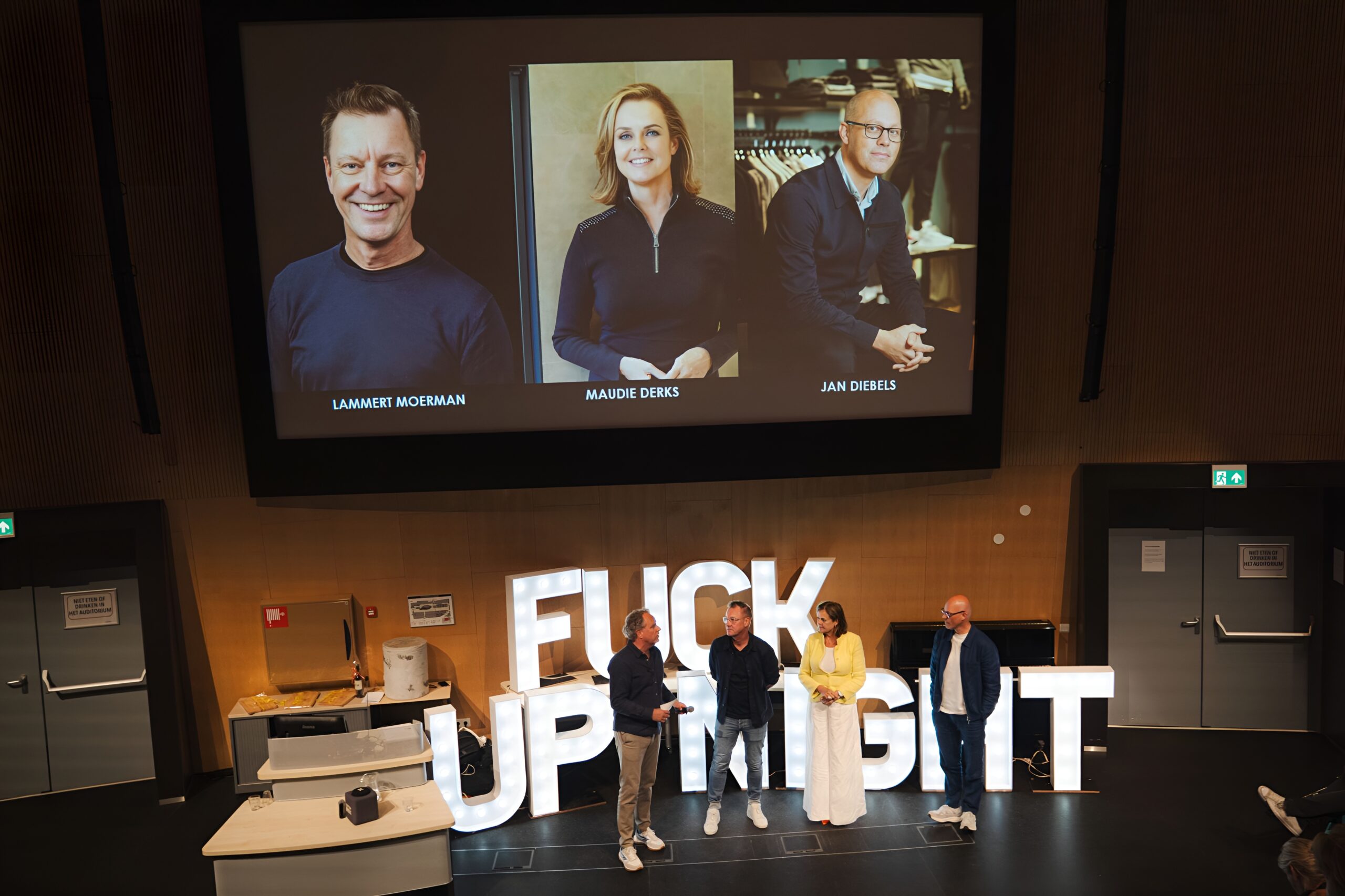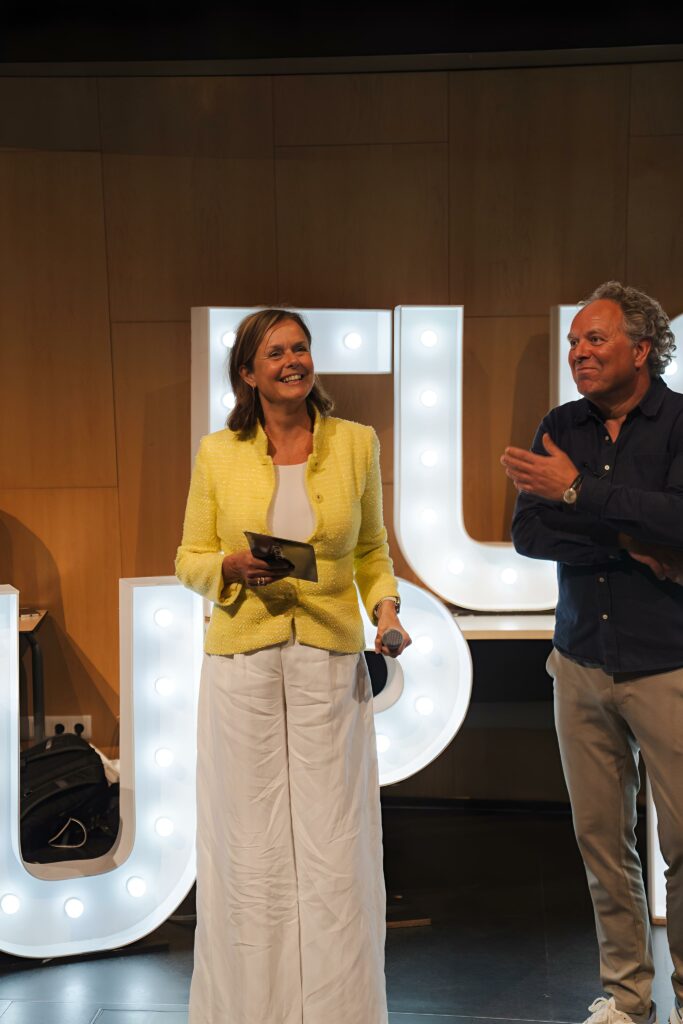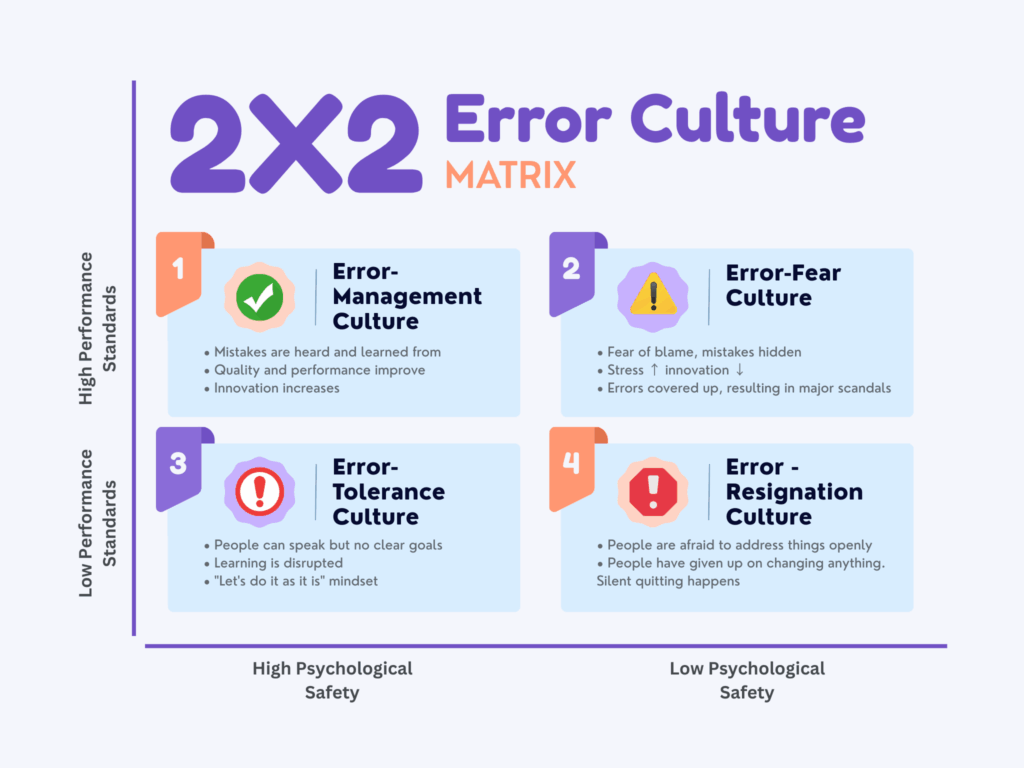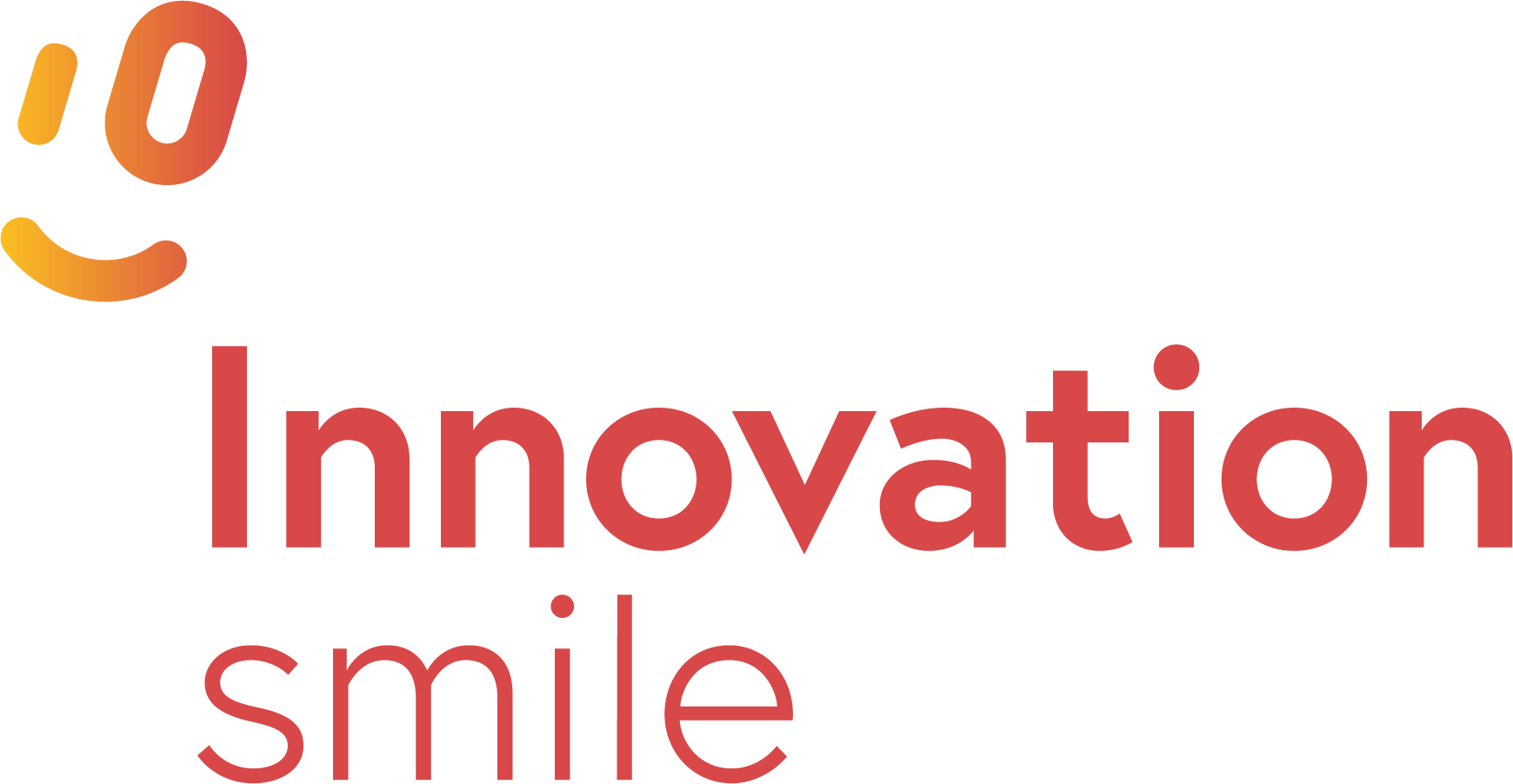
Are Fuck-ups the New Success?
Discover why embracing mistakes fuels innovation and growth
- Jolanda Burgers
- May 4, 2025
The city of Nijmegen is not only traditional but also a modern reflection of innovation and entrepreneurship. Its startup culture, bold young generation, and open-mindedness create an exceptional environment where failure is respected.
I was part of the 13th “FuckUp Night” held at HAN University on April 22. There, entrepreneurs openly shared their stories of failure, which left a lasting impression on me. They showed how learning from failure creates new paths to success. From this experience, I believe that corporations should also develop an “error culture” where mistakes are just a learning step.
In this blog post, I will introduce the concept of building an “error culture” for corporations and explain why corporations should embrace mistakes. Like entrepreneurs, corporate teams need to learn from their mistakes, embrace new perspectives, and be ready to improve. Let me share with you some of the important lessons I learned that evening.
Personal experience: An evening of learning courage
At the event, I saw how entrepreneurs confidently took to the stage to share their failure stories, no holds barred, and that gave me more confidence.
They showed how every mistake became a learning curve. I realised that if we could create an environment in the corporate culture where mistakes are not hidden but are seen as a source of learning, the team would be more innovative and mentally secure.
On the way home from Nijmegen, the sunset on the Waal River seemed to light up my mind. Mistakes don’t stop us, they move us forward.
From Entrepreneur to Corporate: Learning Opportunities
Typically, entrepreneurs see failure not as something to be ashamed of, but as a powerful learning opportunity. They embrace their mistakes rather than hiding them, analyse them, and then determine their next steps.
In particular, if corporate organisations adopted this mindset, there could be significant improvements in performance, innovation, and mental health in the workplace.
Small Mistakes, Big Lessons: Lammert Moerman, founder of the JEE-O brand, shared his inspiring story of a big mistake at the “FuckUp Night” event.
He participated in a major campaign called “Maffe Marathon” from the Bijenkorf department store, where he did not do enough research and analysis before participating. Due to this wrong decision, his organization’s financial position temporarily declined. However, he never let this failure become a reason for despair. Instead, he learned an important lesson from this—

“Making big decisions can be dangerous without clear answers to the question of who you are working with and why.”
This realization led him to the philosophy of ‘Kaizen’, the keynote of which is to make small improvements step by step to bring about big changes in the long run. Today, his organisation has reached the pinnacle of success through that path of continuous improvement.
Understanding Culture to Win Markets: Lessons from Maudie Derks
Acture CEO Maudie Derks learned a valuable lesson while expanding her business in Belgium. She entered a new market by planning based on her own country’s experiences and ideas, but she didn’t realise how big an impact cultural differences can have. Ignoring local customs and customer behaviour can lead to setbacks for the business.

Her clear understanding:
“When you launch a new product and enter a new market at the same time, the risk is doubled.”
Maudie’s experience teaches us that to succeed in a new market, you have to move slowly, involve local partners, and first understand the culture well.
Mistakes are not weaknesses; The power to learn
We often think that making mistakes means failure or weakness. But in fact, mistakes are a great opportunity to learn if we know how to accept them. Professor Christoph Seckler’s research has shown:
“Humble people find learning value in mistakes, and this is what puts them ahead of others.”
It is necessary to break the misconception that humility does not mean weakness.
An important quality of leadership is humility. A humble leader creates an environment among employees where they can freely ask questions, seek feedback, and learn from mistakes.
Encourage humble behaviour in the organisation
Employees who listen to others, admit that they do not know everything, and have a learning mindset should be motivated. This increases the spirit of cooperation and development within the team.
Give simple and constructive feedback.
Employees receive it positively if the feedback is clear, with real examples, and is useful for the future.
The courage to learn that making mistakes is not a sin. Developing this mindset is the best preparation for the future.
Key to Success: A Strong “Error-Management Culture”
In general, mistakes can be one of the biggest obstacles to an organisation’s progress. However, when these mistakes are viewed as learning opportunities, organisations often become more innovative, quality-focused, and sustainable. That’s why “Error-Management Culture” has become one of the most talked-about topics in today’s corporate world.
What is “Error-Management Culture”?
Generally, an Error-Management Culture is one where mistakes are not hidden or ignored, but openly acknowledged, quickly resolved, and most importantly, learned from.
This culture has five important characteristics:
- Mistakes are anticipated
- Mistakes are corrected immediately
- Mistakes are communicated quickly
- Mistakes are used as learning opportunities
- Experimentation is encouraged
This culture is established when an organisation has two things:
- High Performance Standards
- High Psychological Safety
Professor Amy Edmondson and “Psychological Safety”
Harvard Business School professor Amy Edmondson has shown that if employees feel that they will not be humiliated if they say something wrong or ask a question, they are more innovative, open, and willing to learn.
The key to successfully transitioning from an Error-Fear culture to an Error-Management culture lies in improving psychological safety. Managers must lead by example and foster an environment where mistakes are seen as opportunities for growth, not failures to be feared.
For example, if a manager says, “I don’t know,” or “Can you help me?”, then employees understand that even if they make a mistake, it can be discussed.
Christoph Seckler's Four Types of Error Culture
Professor Christoph Seckler has identified four types of error culture in the workplace, which can be represented using a 2×2 matrix for better clarity. These are described below.

Error-Management Culture
- Here, if a mistake is made, it is heard, learned from, and the quality of work is improved
- Opportunities for innovation are created
- Performance is also improved
Error-Fear Culture
- Employees are afraid of being blamed if they make a mistake
- Mistakes are hidden
- Result: Stress increases, innovation decreases
Solution: Leaders should provide employees with psychological safety and encourage open discussion
Error-Tolerance Culture
- Here, everyone can speak, but no goals or guidelines are clear
- The learning process is disrupted
- Everyone has a ‘let’s do it as it is’ mentality
Solution: The organisation needs to set clear objectives and responsibilities. The OKR (Objectives and Key Results) method can be useful for this. (Optional: For a quick start, you may refer to these two short videos on OKRs, covering how to begin and implement them.)
Error-Resignation Culture
- Employees become silent
- Blame-laying, gossip, and negativity spread
- Silent quitting occurs
Solution: First, set goals and increase teamwork, then gradually increase mental security
3 Important Tips for Corporates
- Normalise Mistakes So Employees Are Not Afraid to Share Them
- Create an “Experimental Sandbox” Where New Ideas Can Be Tried
- Leaders Share Their Own Mistakes to Build Trust among Employees
Conclusion: Acknowledge the Fuck-Up Culture
Finally, through the lessons learned from the Fuck-Up Night in Nijmegen and my research on error management, I have come to understand that accepting mistakes and learning from them is a crucial part of personal and organisational growth.
Therefore, organisations should foster a culture where mistakes are not only forgiven, but also embraced as valuable learning opportunities that can drive innovation and continuous improvement.
Now it’s your turn!
- Have you ever faced such a mistake?
- What have you learned from any of your failures?
- Did a mistake help you think of something new?
- Can your failure story give courage to someone?
- Let us know in the comments below, and let’s build a corporate culture together, where mistakes are the capital of learning, and humility is a part of leadership.
Tags:
Recent Posts:
-
Discovery by Doing: What I Learned About Innovation from the Frontline
-
Design Thinking with AI: Unlocking the Creative Leader Within
-
Are Fuck-ups the New Success?
-
The Human Spark: Why Creativity, Not Just AI, Defines Business Design Innovation
-
Innovation tales from Japan: where tradition meets tomorrow

